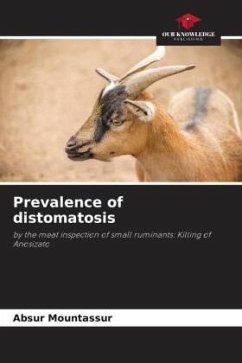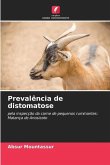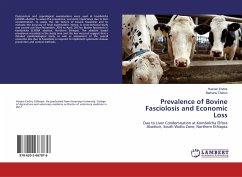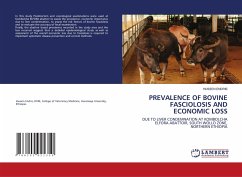This study has an original character, in Madagascar, where the old and scarce literature reports only laboratory studies. The study took place from 30 March to 31 May 2015. The inspection of organs and muscles was done in compliance with the regulatory texts. The total number of goats inspected was 306. After examination of their livers, 101 were seized by F. gigantica; the prevalence of these seizures was 33%. Other pathologies observed were paramphistomosis 72.34%, echinococcosis 14.89%, abscesses: liver 6.38%, neck muscles 4.25% and pancreas 2.13%. The results show that the farming method is extensive, which is a practice related to the location and maintenance of the slaughterhouse. The importance of this economic loss from goat fasciolosis is far from negligible. It can be explained by the nature of liver seizures, of 284,673.2 Ariary in two months. The prevalence of distomatosis of 33% is relatively high, where it is necessary to improve the mode of breeding and the infrastructure of the slaughterhouse, followed by the management of F. gigantica, in order to avoid such an economic loss.
Bitte wählen Sie Ihr Anliegen aus.
Rechnungen
Retourenschein anfordern
Bestellstatus
Storno








